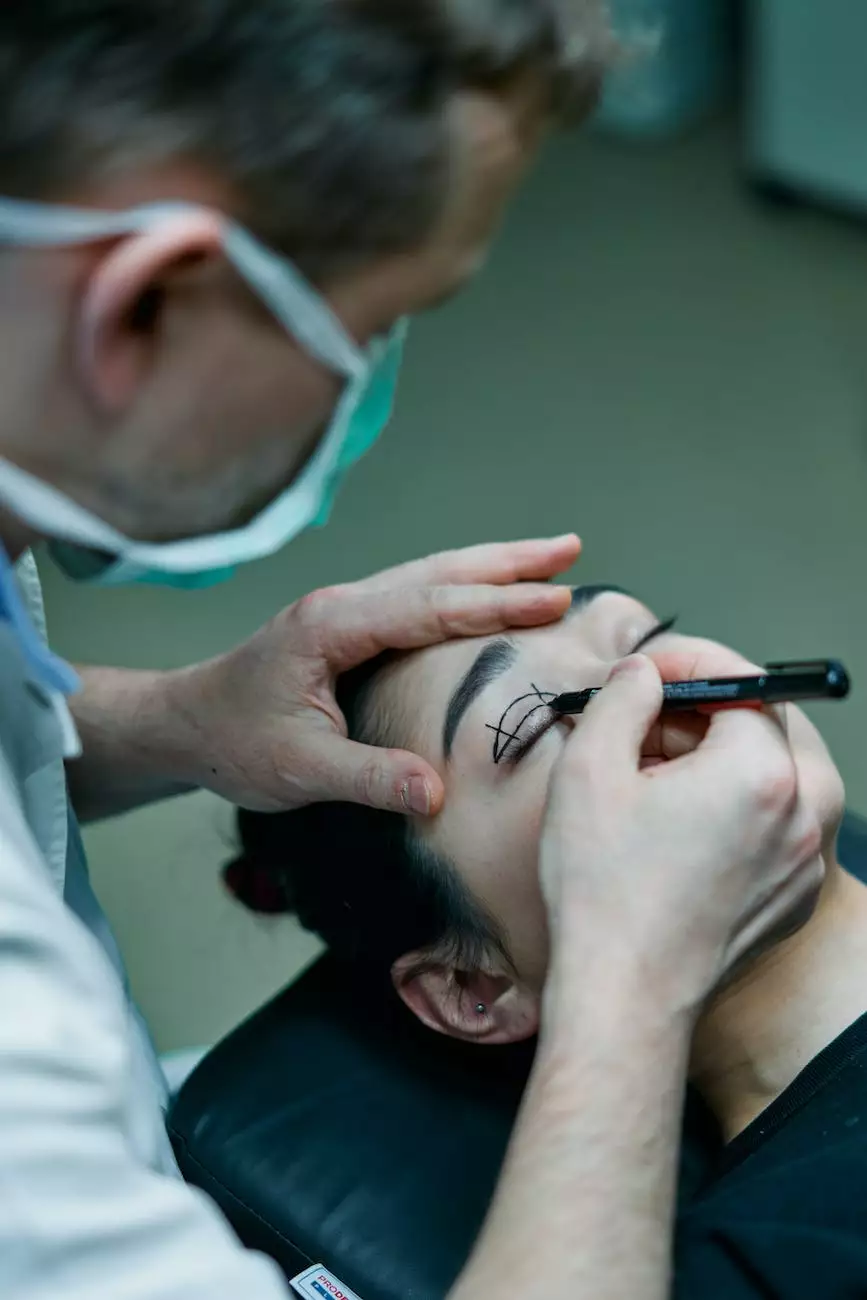Understanding Hyperopia

Hyperopia, commonly known as farsightedness, is a refractive error that affects the way the eye focuses and processes light. Individuals with hyperopia tend to have difficulty seeing objects up close, while distant objects may appear clearer.
Causes and Symptoms
Farsightedness occurs when the eyeball is shorter than normal, causing light rays to focus behind the retina instead of directly on it. This can result in blurred vision when looking at nearby objects, while distance vision remains relatively clear.
Symptoms of hyperopia may include:
- Difficulty reading or performing close-up tasks
- Eye strain or headaches when focusing on near objects
- Squinting or straining the eyes to see clearly
- Frequent eye fatigue or discomfort
Treating Hyperopia
If you suspect you have hyperopia or are experiencing any symptoms, it is important to schedule a comprehensive eye examination with a qualified optometrist. In St Clair Shores, Michigan, David J Scholten, OD, PC specializes in diagnosing and treating hyperopia.
During the examination, your eye care professional will perform various tests to evaluate your overall visual health and determine the extent of your farsightedness. They may use a visual acuity chart, perform a refraction test, and conduct a thorough eye health evaluation.
Once diagnosed, there are several treatment options available for hyperopia:
- Eyeglasses: Prescription eyeglasses with lenses designed to correct hyperopia can provide clear vision for both near and distant objects.
- Contact lenses: Soft or rigid gas permeable contact lenses can also correct farsightedness, offering an alternative to eyeglasses.
- Refractive surgery: In some cases, individuals with hyperopia may opt for refractive surgical procedures such as LASIK or PRK to permanently reshape the cornea and improve vision.
Preventing Hyperopia
While farsightedness cannot be completely prevented, there are measures you can take to maintain good eye health and potentially reduce the progression of hyperopia:
- Regular eye exams: Schedule routine eye examinations to detect any changes in your vision early on, allowing for timely intervention and management.
- Healthy lifestyle choices: A balanced diet rich in vitamins and minerals, along with regular exercise, can support overall eye health.
- Proper eye care practices: Protect your eyes from harmful UV rays by wearing sunglasses outdoors and practice good hygiene when handling contact lenses.
Contact David J Scholten, OD, PC for Hyperopia Treatment
If you are experiencing symptoms of hyperopia or require expert eye care services in St Clair Shores, Michigan, David J Scholten, OD, PC is here to help. With his extensive experience and commitment to personalized care, Dr. Scholten can provide comprehensive examinations and tailored treatment options to address your farsightedness needs.
Contact David J Scholten, OD, PC today to schedule an appointment and take the first step towards clear and comfortable vision.










